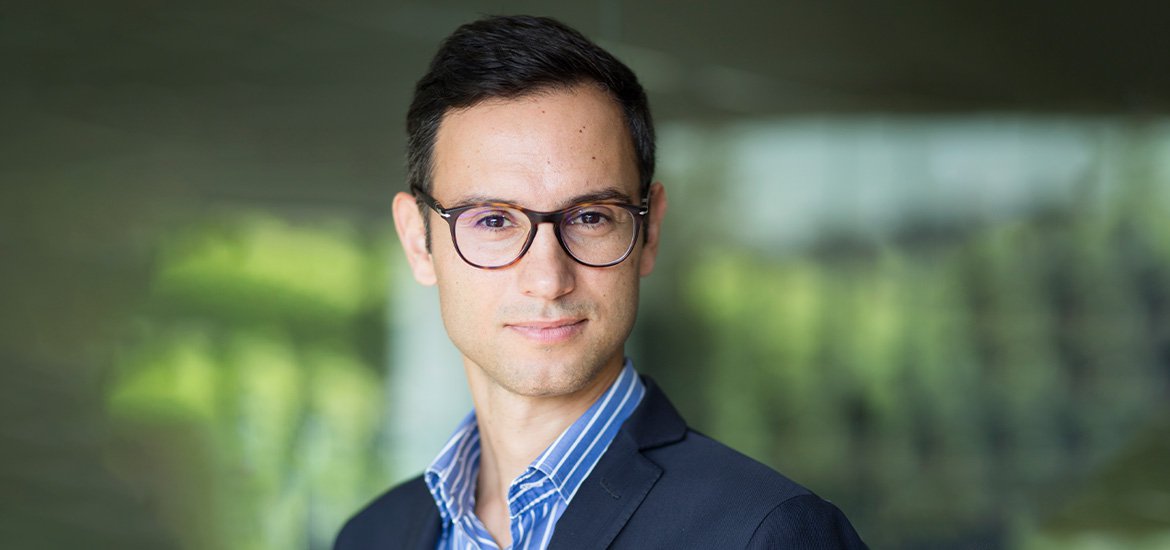Q: You have described creating “an ecosystem of sustainability” in Singapore. How are you developing this ecosystem?
A: We did not want to open a commercial office with just sales managers and an operations department. From the beginning, we wanted our office to be a complex structure with research and development, a sustainability specialist, project developers, a finance team, and legal counsel. This is not only because ACT is a complex company to do business with; it is because we wanted a comprehensive and capable office so that ACT could immediately hit the ground running at full capacity with our entire suite of solutions.
We have a lot of value to add beyond our networking and market expertise, and that gives us our competitive edge. So, the vision is to build our office ecosystem within ACT and make that work within the ecosystem and business framework of Singapore. More broadly, our goal is to help shape the ecosystem on all fronts, and I believe we are doing that.
Q: You have previously noted that Southeast Asia holds a lot of potential for emissions reduction (e.g. carbon sequestration, forest conservation) - so there is an opportunity for environmental sustainability and economic growth in the region. Are there any trends or initiatives that could accelerate this?
A: Yes, there are a lot, especially with nature-based solutions and biodiversity. Historically, Southeast Asia has seen a lot of damage [to their environment], but that means there is a lot of room for repair. I think that is a point of sensitivity, but what I have observed is this: There are a lot of corporations that operate outside Asia and want to contribute to the development of nature-based and biodiversity climate projects, and Southeast Asia views this as a business opportunity where they can develop these projects and monetise them.
Another trend I’ve noticed is that the smaller, local corporations are more aware of their place in the global supply chain and feel the pressure to take climate action. Maybe they are not as experienced or knowledgeable as other corporations around the world, but they see the future.
Governments are beginning to understand capacity building and see an opportunity to involve the private sector. Because of our knowledge and experience, ACT is nicely placed to support the development of these projects and to help [organisations] hit their voluntary goals and satisfy their compliance obligations, which makes Singapore such a strategic location.
Q: What are some of the unique opportunities for companies in this market?
A: The geography of the region is unique, and the natural environment offers an abundance of biodiversity. It’s a tropical climate, and there are a lot of islands and rainforests. Roughly 50% of the physical capacity of nature-based climate projects exists in SE Asia. That is the physical element of this part of the world. The financial aspect is that this region of the world has the highest percentage GDP growth rate – which can be a problem as much as an opportunity. We want to see growth alongside the monetization of this environmental value in the region.
The world has changed since Europe entered the environmental commodities market 10-15 years ago, so I believe Southeast Asia will move at an accelerated pace in comparison. The world is a lot more connected, there is more awareness around this subject, and there is more incentive for participation on a wider scale. The fear of falling behind, because your competitors don’t take the same climate action measures, seems to be an attitude of the past.
Q: You recently attended the Asia Carbon Conference and were on a panel discussion for understanding voluntary carbon offsets. What did you take away from this experience?
A: The general understanding is that - while this region is still very much in a capacity-building stage operating in a voluntary market – corporates need to prepare for a future with compliance markets. We see a trend of local governments leading or sponsoring a lot of climate-based initiatives and they are creating their own ecosystem, which in turn creates awareness that has a ripple effect in the region. Businesses in all sectors and industries are curious about how to create a new revenue stream and diversify their risk through nature-based solutions and carbon financing while fulfilling their climate action goals.
Q: Looking to the future, what is your vision for the Singapore office in 2023?
A: We have a great team, but our work is not complete. We want to keep building up foundations and improving our ecosystem, both internally and externally.








